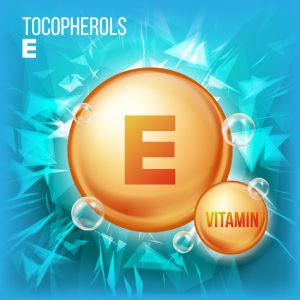QUESTIONS FOR ORDER 1-888-559-3802
 Free Shipping on all Orders over $100 U.S. ONLY
Free Shipping on all Orders over $100 U.S. ONLY
 Free Shipping on all Orders over $100 U.S. ONLY
Free Shipping on all Orders over $100 U.S. ONLY100% Money back Guarantee 60 DAYS
- Home
- Product Categories
- Allergy / Immune
- Antioxidants
- Digestive Health
- Joint & Bone Health
- Beauty / Skin Care
- Brain / Mental Clarity
- Children's Health
- Cholesterol
- Diabetes / Blood Sugar
- Energy
- Essential Fatty Acids
- Heart Health
- Liquid Supplements
- Eye Health
- Men's Health / Prostate
- Vitamins / Minerals
- Weight Loss
- Women's Health
- Sports Nutrition
- Stress / Relaxation
- Value Line
- Supplement Advisor
- Product A-Z
- Ask The Doctor



